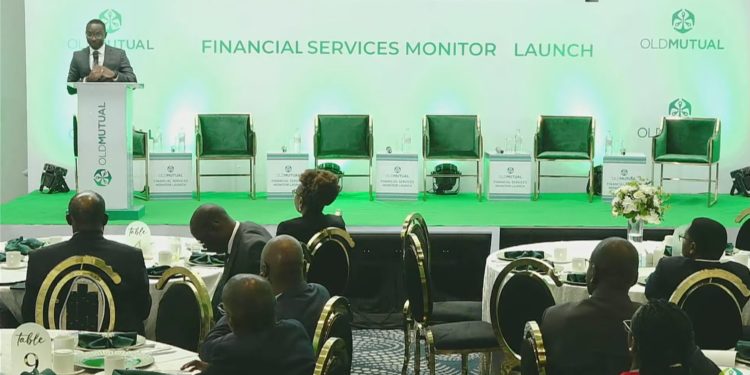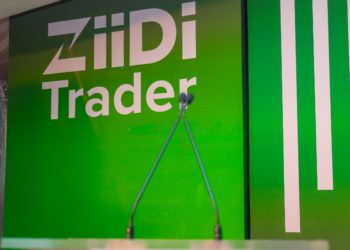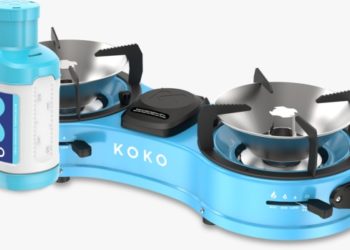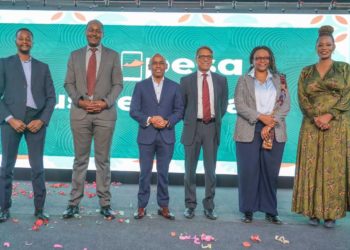A comprehensive study by pan-African financial services leader Old Mutual paints a concerning yet hopeful picture of the financial situation facing working Kenyans today.
The Old Mutual Financial Services Monitor (OMFSM) reveals high levels of money stress and constrained incomes, even as Kenyans cling to optimism and entrepreneurial hustle to stay afloat.
“Forty-eight percent of Kenyans say they are ‘overwhelmingly or highly stressed’ when it comes to their finances,” said Vuyokazi Mabude, Head of Knowledge & Insights at Old Mutual, during the report’s launch in Nairobi. “This sentiment is especially prevalent among women and middle-aged ‘family providers’ between the ages of 30 and 49 who have families relying on them.”
Compounding the financial strain is that 90% of those surveyed said their income has dropped or remained stagnant since 2020 and the start of the COVID-19 pandemic. Despite this, three-quarters express confidence their situation will improve within six months.
“One thing that is consistent is the self-reliance and the entrepreneurial spirit which we will talk about a bit in the presentation starts to come through and I think it’s one of the drivers of this optimism that we’re seeing,” Mabude explained.
More than half of respondents own their own business, while over one-fifth qualify as “poly-jobbers” with multiple income streams beyond a regular job. “The spirit of side hustles finding ways to earn more income is very much entrenched in the Kenyan society,” Mabude said.
However, to finance these enterprises Kenyans are tapping the same sources they rely on to make ends meet, mainly savings, loans from friends and family, and chamas – informal cooperative groups. They also continue accruing worrying levels of personal debt, especially for unexpected medical expenses and school fees.
“Education or schooling whether paying school fees for higher education or tertiary and equivalent education ranks top priority for Kenyans and by extension is being used to as a reason to borrow,” said Anthony Mwithiga, Group Managing Director at Old Mutual.
He added that while 81% believe having retirement savings is important, only 18% actually have access to formalised pension plans, representing a major coverage gap.
Greater financial education and access to sound money advice is sorely lacking, with 9 out of 10 Kenyans making critical money decisions without input from qualified financial advisors.
However, the study highlighted Kenyans’ perseverance and self-reliance in the face of challenges.
“Despite huge financial stress, Kenyans are still quite resilient and the optimism remains,” said Nanzala Mwaura, Chief Growth Officer for Sub-Saharan Africa at research firm Ipsos. “Tomorrow will be better than today is actually the position of Kenyans and and really it is very optimistic.”
Mwaura indicated the optimism is fueled by communal support networks, evidence that investments like education pay off long-term, and embraced national traits of hard work and entrepreneurship.
Over half of Kenyans surveyed own their own business, while 22% have side hustles on top of regular employment. “The entrepreneurial spirit in Kenya is not new…but what is driving or accelerating it is actually the fact that formal employment anyway is not available to anyone, only 30% of Kenyans,” Mwaura explained.
But for many, business is both imperative and risky. Kenyans lean on savings, family loans and informal lending circles to finance enterprises even as they borrow heavily for unexpected medical bills and school fees.
Making matters worse is a growing “sandwich generation” stretched between aging parents and still-dependent adult children. “This group of people need the retirement planning more than any other,” Mwaura urged.
With pensions out of reach for most yet old age approaching, proper financial guidance to harness Kenya’s communal and bootstrap instincts could bring greater stability.
“In conclusion I would say Kenyans are highly optimistic, entrepreneurial and communal,” said Mwaura. “This dynamic can be harnessed for better retirement planning and financial well-being in the long run.”


















